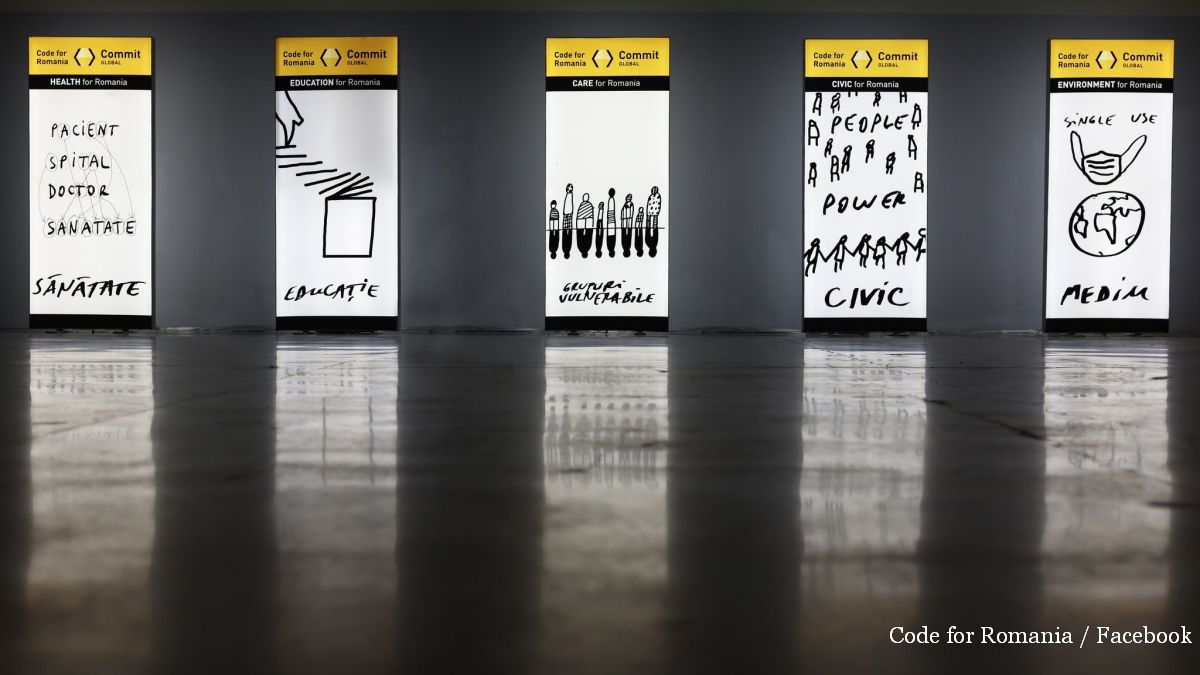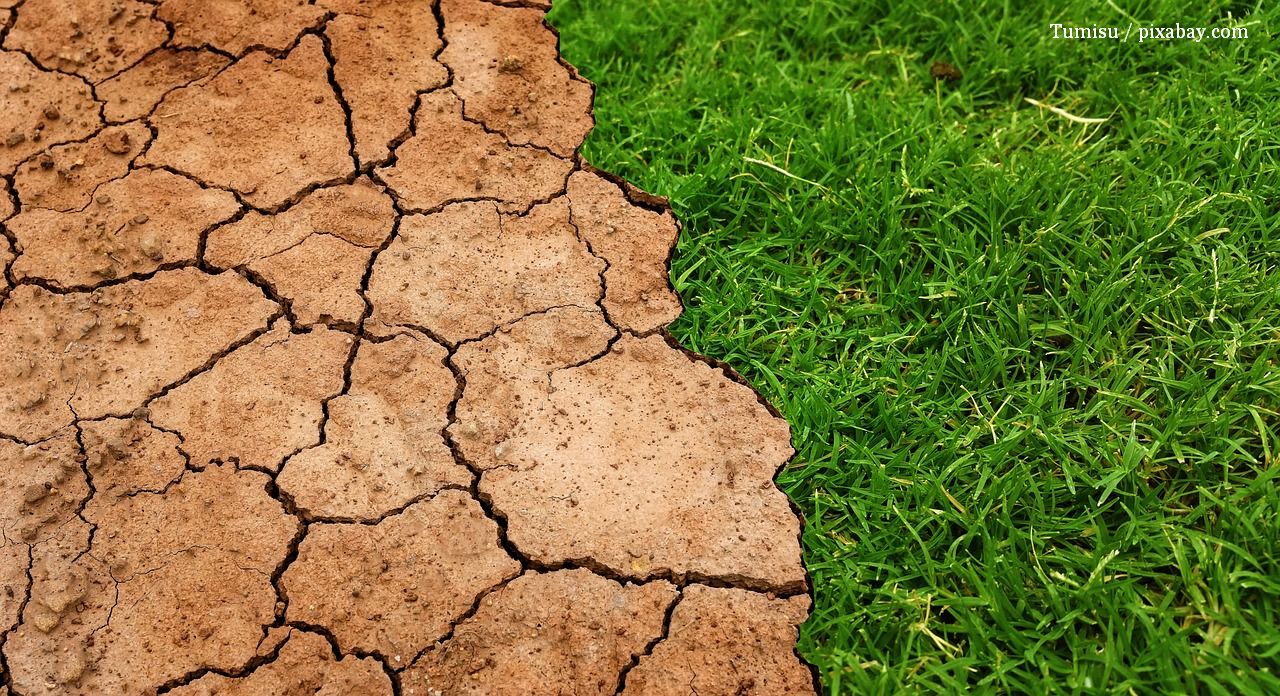The psychological effects of the pandemic
The Covid-19 pandemic has also taken its toll on our mental health, with anxiety and depression on the rise globally.

Corina Cristea, 01.07.2022, 14:00
Recently on a downward trend, the pandemic left its mark on our daily lives for the last more than two years. It also took its toll on our mental health, leading to a massive rise in the incidence of anxiety and depression around the globe, with a 25% increase in such cases in the first year alone, and probably by much more to date. This situation is confirmed by a survey of policies and treatment of depression in Romania and is in keeping with the data published by the World Health Organisation, which estimates that over 40 million Europeans suffer from depression, accounting for 4.3% of the population of the European Union.
The doctors say the pandemic has affected the state of patients where the psychiatric pathology set in after they were infected with Covid-19, while in the case of people already struggling with mental health problems, these became more acute. This was made worse to a large extent also by misinformation, with many believing they will die if they get sick, especially if they end up in hospital. There was also the pressure of fake news that created a feeling of anxiety and, last but not least, in this context of the Covid disease, the behavioural changes that may fall into the category of mental health are also the result of a lack of predictability, explained Dr. Ioana Stăncel in an interview to Radio Romania.
We were not used to being isolated, not to be able to communicate directly with doctors, the patients did not understand for a long time what was happening with them, and all this created a context that was not analysed sufficiently, was not given enough attention, because the clinical area focused on those syndromes that posed an immediate threat to patients lives, says Ioana Stăncel:
“Given that these manifestations are long-term, I believe that now, at this stage of long Covid, they can be observed, either correctly diagnosed or diagnosed as clinical manifestations associated with other disorders. We are seeing many people with this syndrome of chronic fatigue which no one diagnoses as necessarily belonging to the area of internal diseases or neuropsychiatry, but everyone is complaining of fatigue, chronic fatigue and occasional fatigue, which requires rest and specific treatment. I believe we will see the social consequences of these manifestations in the capacity for work, learning and to return to pre-pandemic social behaviour.”
After two very difficult years, we are now faced with a new factor of major stress, the war in Ukraine as a result of the Russian invasion, which increases the populations anxiety. This may also contribute to an increase in the level of aggression seen in some people in the context of the pandemic, says Dr Ioana Stăncel, who made an analysis of the situation:
“From the perspective of the pandemic, I believe this period of isolation led to a distortion of the perception of reality in society and every one created their own scenario in which they saw themselves as heroes or super-persons. This led to the emergence of disorders in terms of tolerance for others, for those close to us, for the rights of others, and the perception that we are owed everything as individuals or small group to the detriment of the rights of others. As for the current conflict, the pandemic probably also led to a more acute fight over resources, access to resources, material resources, natural resources, as well as a period of political instability which the powers involved did not know how to handle so as to achieve a new balance and thus imbalances appeared with regard to the access to resources, to a stable population, with regard to the management of the populations perception of risks. In the larger region of Romania, the Republic of Moldova and Ukraine there were a number of studies, I took part in some of them, about societal security, in the sense defined by the concepts of security studies and the perception of the risks to self expressed through perceived, but unreal threats from other groups. This imbalance, this disorder in terms of societal security, of the perception of risk, which is not necessarily real, led every one of the groups involved to exacerbate arming measures, the measures to manifest their power, giving rise to imbalances that are difficult to manage, that are somehow impossible to overcome. At the same time, the fact that we have had a pandemic on our hands has led to some restrictions of democratic freedoms.”
Humour is one way of fighting anxiety and depression, specialists say. They also advise making plans for the present, for each day at a time, enjoying what we have, establishing positive and realistic objectives, concentrating on the beautiful things in life, socialising more, meeting friends, listening to music, taking walks, adopting a pet, staying away from sources of fake news and not thinking too much about the future, which is uncertain. At the same time, says Dr Ioana Stăncel, the two components, the spiritual component and the medical component should be complementary and coexist, none replacing the other.






























